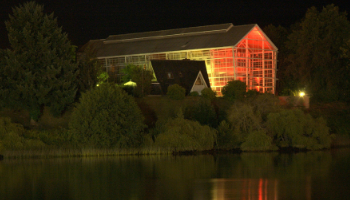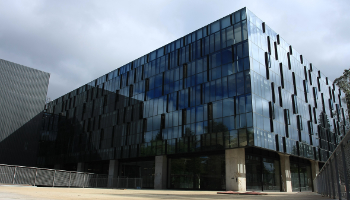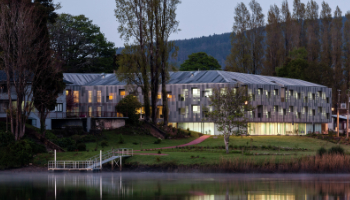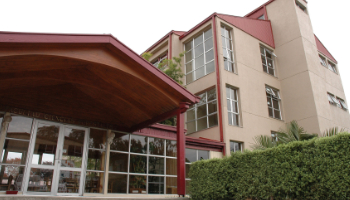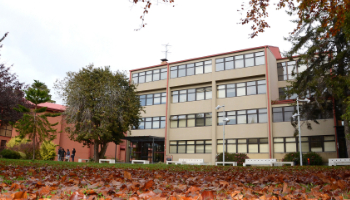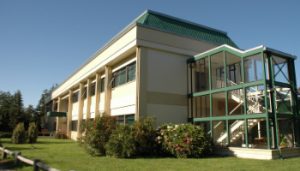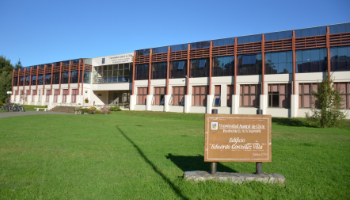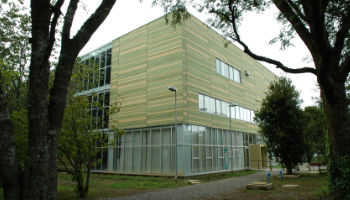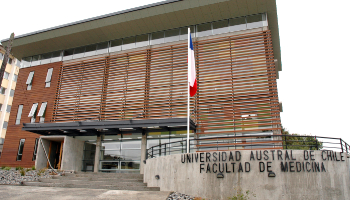The Faculty of Architecture and Arts, created in 2014, aims to resume an academic tradition that has been with the university from the beginning, with the original Faculty of Fine Arts. It is currently formed by the Musical Conservatory, the School of Visual Arts, and the School of Architecture.
Its mission is to provide a high-level education to professionals who are committed to the creation of authentic and original work. Likewise, graduates develop sensitivity to the contexts and styles that emerge from both local tradition and international experience. The backbone of this faculty is formed by the values of creativity, sustainability, transdisciplinarity, multiculturalism, and the social space, which strongly influence the work of our professors as well as our research and outreach.




